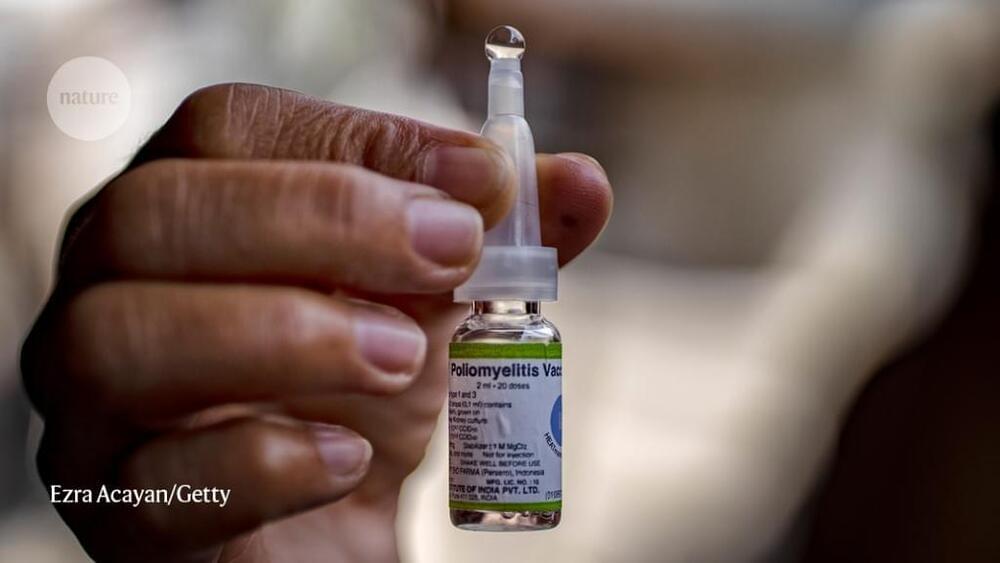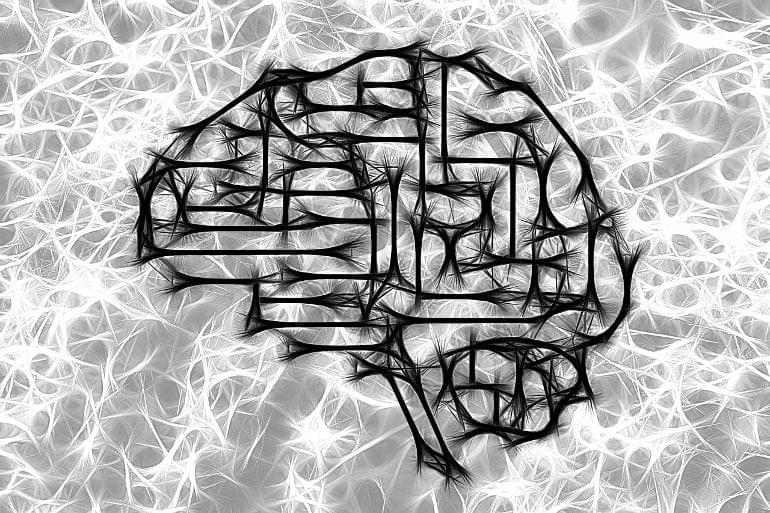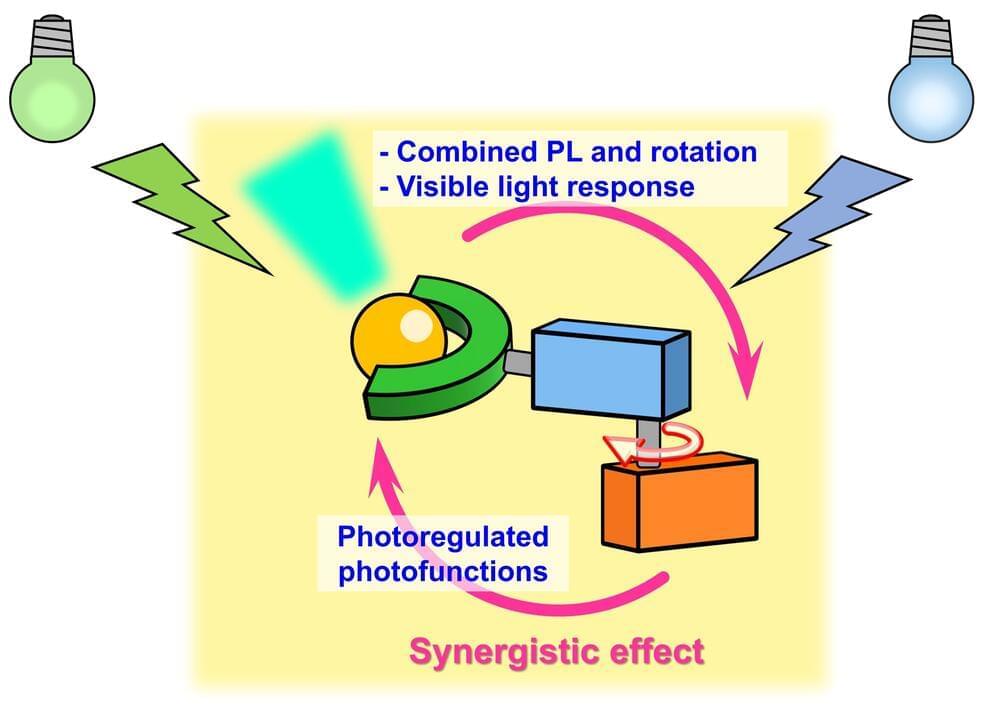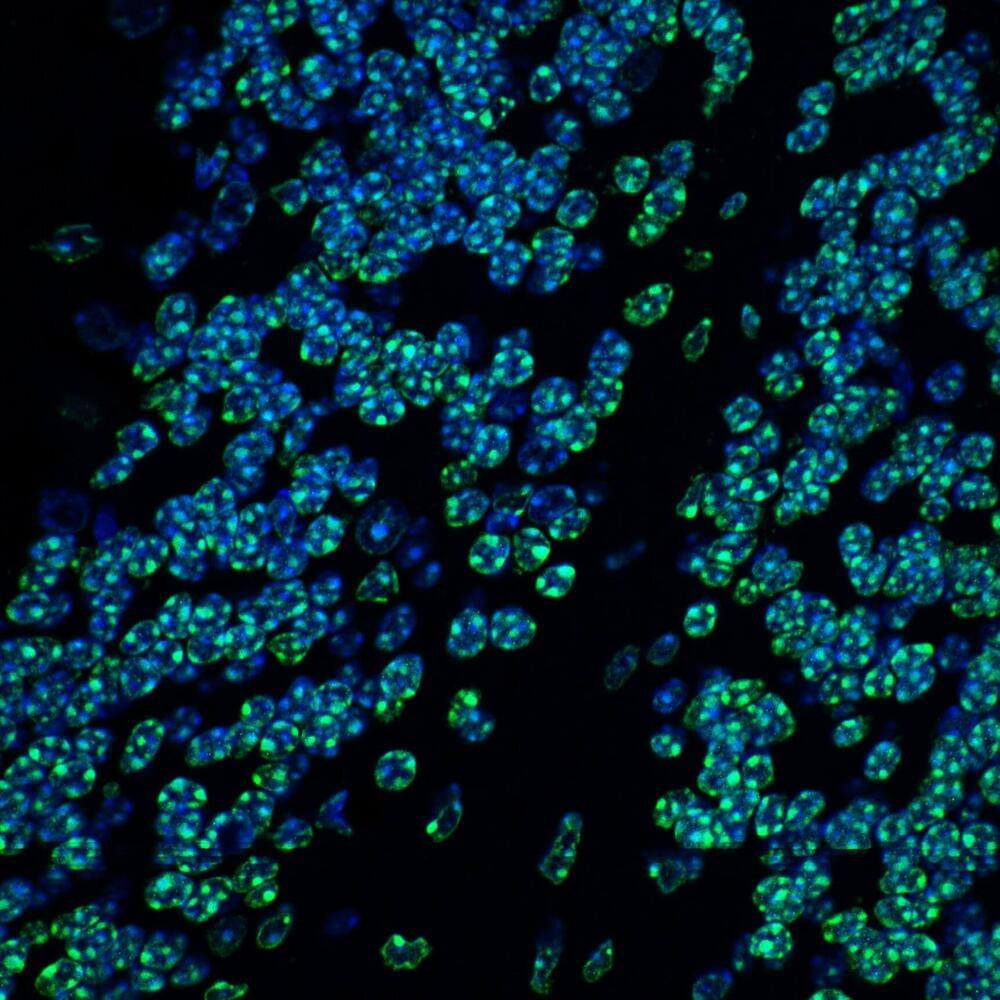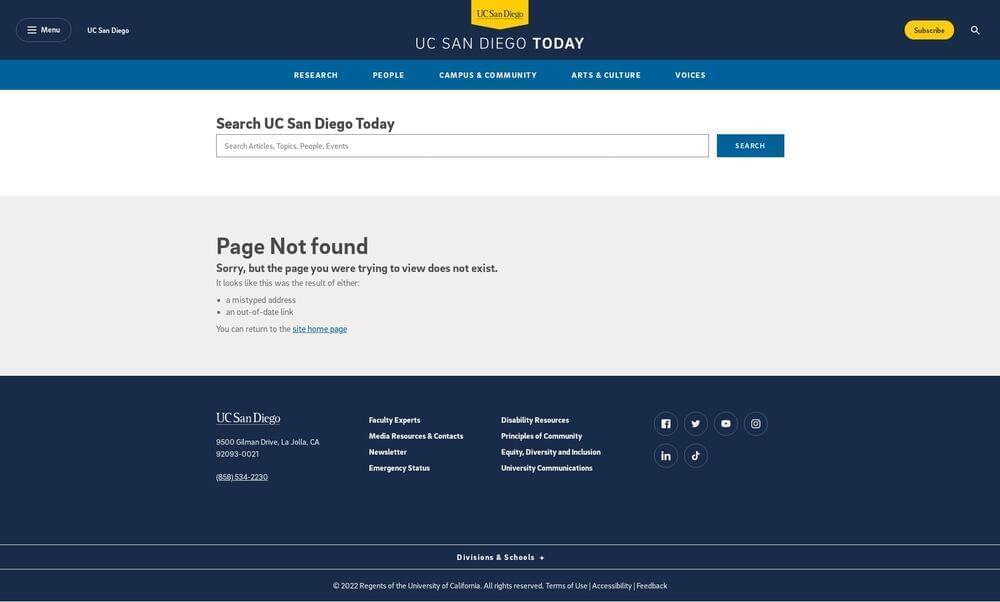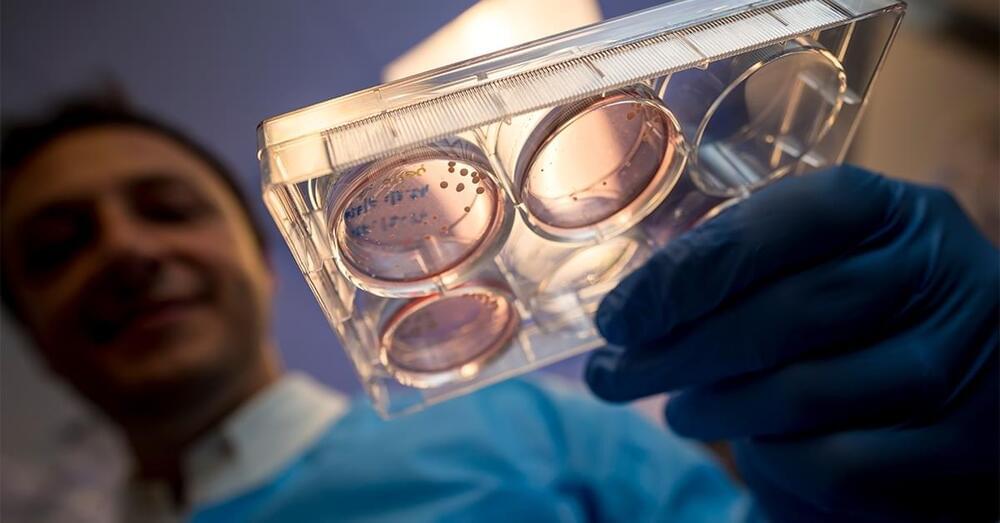The virus found in these regions is derived from an oral polio vaccine used in some countries. So far, only two cases of polio-related paralysis have been reported, in Jerusalem in February and New York in June1; the New York infection was the first such US case in nearly a decade. But wastewater samples in all three areas suggest that the virus is circulating more widely.
Polio causes irreversible paralysis in less than one in 200 of the susceptible people it infects, so the cases of paralysis suggest that many other people there have been infected, says Walter Orenstein, who studies infectious diseases at Emory University in Atlanta, Georgia. “Cases like that are just the tip of the iceberg,” he says. “It’s very concerning.”
Nature talked to researchers about the scale of the outbreak, and what can be done to stop it.
